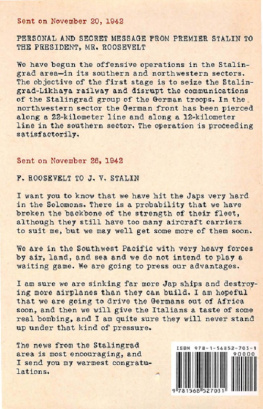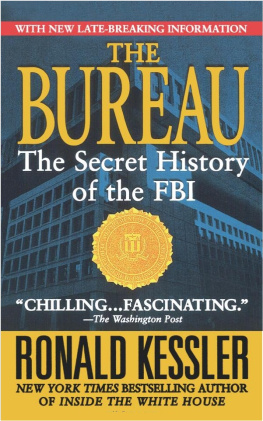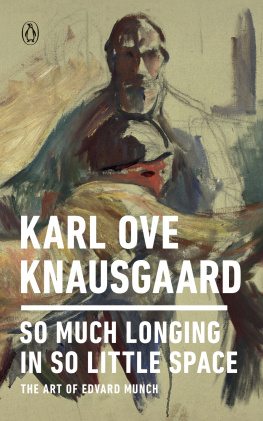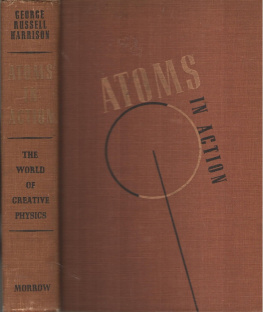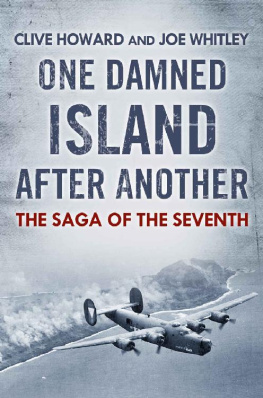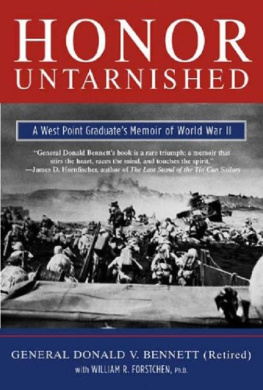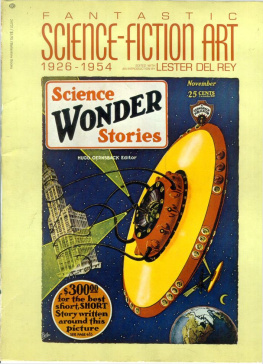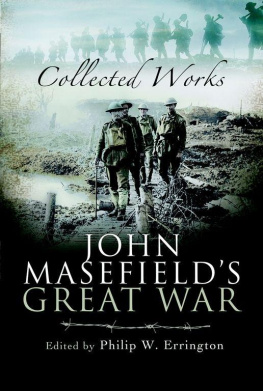Received on July 10, 1941
Prime Minister Churchill to M. Stalin (Highly Confidential)
Ambassador Cripps, having reported his talk with you and having stated the terms of a proposed Anglo-Rus-sian agreed declaration under two heads, namely,
(1) mutual help without any precision as to quantity or quality, and
(2) neither country to conclude a separate peace,
I have immediately convened the War Cabinet, including Mr. Fraser, Prime Minister of the Dominion of New Zealand, who is with us now. It will be necessary for us to consult with the Dominions of Canada, Australia, and South Africa, but in the meanwhile I should like to assure you that we are wholly in favor of the agreed declaration you propose. We think it should be signed as soon as we have heard from the Dominions, and published to the world immediately thereafter.
Personal Message from Stalin to Mr. Churchill
Allow me to thank you for your two personal messages.
Your messages have initiated agreement between our two Governments. Now, as you with every justification put it, the Soviet Union and Great Britain have become fighting Allies in the struggle against Hitler Germany. I have no doubt that our two countries are strong enough to defeat our common enemy in the face of all difficulties.
It may not be out of place to inform you that the position of the Soviet troops at the front remains strained.
The results of Hitler's unexpected violation of the Non-Aggression Pact and the sudden attack on the Soviet Union, which have placed the German troops at an advantage, are still affecting the position of the Soviet armies. It is quite obvious that the German forces would have been far more advantageously placed if the Soviet troops had had to counter the blow, not along the line Kishinev-Lvov-Brest-Bialystok-Kaunas and Vyborg, but along the line Odessa-Kamenets Podolsk-Minsk and the vicinity of Leningrad.
It seems to me, furthermore, that the military position of the Soviet Union, and by the same token, that of Great Britain, would improve substantially if a front were established against Hitler in the West (northern France) and the North (the Arctic).
A front in the north of France, besides diverting Hitler's forces from the East, would make impossible invasion of Britain by Hitler. Establishment of this front would be popular both with the British Army and with the population of Southern England. I am aware of the difficulty of establishing such a front, but it seems to me that, notwithstanding the difficulties, it should be done, not only for the sake of our common cause, but also in Britain's own interest. The best time to open this front is now, seeing that Hitler's forces have been switched to the East and that he has not yet been able to consolidate the positions he has taken in the East.
It would be easier still to open a front in the North. This would call for action only by British naval and air forces, without landing troops or artillery. Soviet land, naval and air forces could take part in the operation. We would be glad if Great Britain could send thither, say, one light division or more of Norwegian volunteers, who could be moved to northern Norway for insurgent operations against the Germans.
JULY 18, 1941
Message from Premier Stalin to Prime Minister Churchill
I have received your message of July 18.
I gather from the message, first, that the British Government refuses to go on supplying the Soviet Union with war materials by the northern route and, secondly, that despite the agreed Anglo-Soviet Communique on the adoption of urgent measures to open a second front in 1942, the British Government is putting off the operation till 1943.
According to our naval experts, the arguments of British naval experts on the necessity of stopping delivery of war supplies to the northern harbors of the U.S.S.R. are untenable. They are convinced that, given goodwill and readiness to honor obligations, steady deliveries could be effected, with heavy loss to the Germans. The British Admiralty^ order to the P.Q. 17 convoy to abandon the supply ships and return to Britain, and to the supply ships to disperse and make for Soviet harbors singly, without escort, is, in the view of our experts, puzzling and inexplicable. Of course, I do not think steady deliveries to northern Soviet ports are possible without risk or loss. But then, no major task can be carried out in wartime without risk or losses. You know, of course, that the Soviet Union is suffering far greater losses. Be that as it may, I never imagined that the British Government would deny us delivery of war materials precisely now, when the Soviet Union is badly in need of them in view of the grave situation on the Soviet-German front. It should be obvious that deliveries via Persian ports can in no way make up for the loss in the event of deliveries via the northern route being discontinued.
As to the second point, namely, that of opening a second front in Europe, I fear the matter is taking an improper turn. In view of the situation on the Soviet-German front, I state most emphatically that the Soviet Government cannot tolerate the second front in Europe being postponed till 1943.
I hope you will not take it amiss that I have seen fit to give you my frank and honest opinion and that of my colleagues on the points raised in your message.
/. STALIN
W. Churchill to J. V. Stalin Aide-Memoire (Most Secret)
In reply to Premier Stalin's Aide-Memoire of August 13th the Prime Minister of Great Britain states:
1. The best second front in 1942, and the only large-scale operation possible from the Atlantic, is "Torch/' If this can be effected in October, it will give more aid to Russia than any other plan. It also prepares the way for 1943 and has the four advantages mentioned by Premier Stalin in the conversation of August 12th. The British and United States Governments have made up their minds about this and all preparations are proceeding with the utmost speed.
2. Compared with "Torch," the attack with 6 or 8 Anglo-American Divisions on the Cherbourg Peninsula and the Channel Islands would be a hazardous and futile operation. The Germans have enough troops in the West to block us in this narrow peninsula with fortified lines, and would concentrate all their air forces in the West upon it. In the opinion of all the British Naval, Military, and Air authorities, the operation could only end in disaster. Even if the lodgment were made, it would not bring a single division back from Russia. It would also be far more a running sore for us than for the enemy, and would use up wastefully and wantonly the key men and the landing craft required for real action in 1943. This is our settled view. The Chief of the Imperial General Staff will go into details with the Russian Commanders to any extent that may be desired.
3. No promise has been broken by Great Britain or the United States. I point to paragraph 5 of my Aide-Memoire given to Mr. Molotov on the 10th June, 1942, which distinctly says: "We can, therefore, give no promise/' This Aide-Memoire followed upon lengthy conversations, in which the very small chance of such a plan being adopted was made abundantly clear. Several of these conversations are on record.
4. However, all the talk about an Anglo-American invasion of France this year has misled the enemy, and has held large air forces and considerable military forces on the French Channel coast. It would be injurious to all common interests, especially Russian interests, if any public controversy arose in which it would be necessary for the British Government to unfold to the nation the crushing argument which they conceive themselves to possess against "Sledgehammer." Widespread discouragement would be caused to the Russian armies who have been buoyed up on this subject, and the enemy would be free to withdraw further forces from the West. The wisest course is to use "Sledgehammer" as a blind for "Torch," and proclaim "Torch," when it begins, as the second front. This is what we ourselves mean to do.

